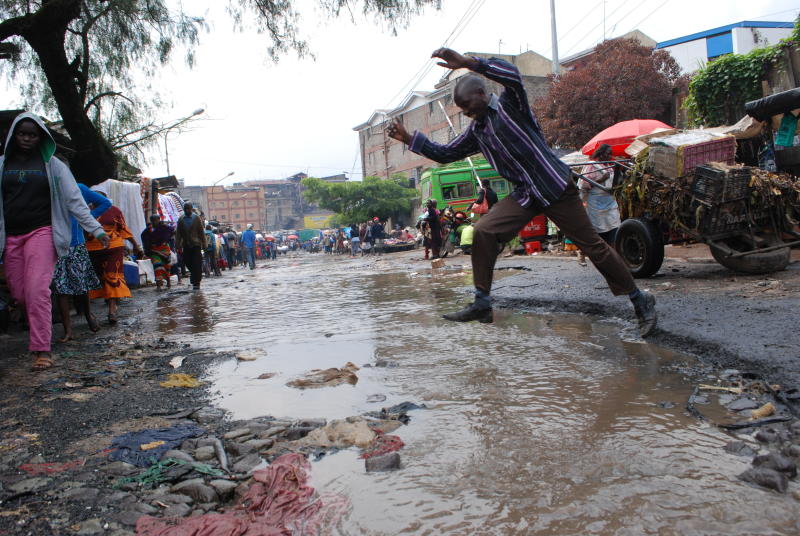×
The Standard e-Paper
Fearless, Trusted News

Korogocho market is a stone throw away from his residence, but Fredrick Sewe would rather buy his sukuma wiki or pair of mutumba trousers elsewhere than risk setting foot in the open-air market.
The electrician considers parts of Korogocho unsafe. Sewe traces his phobia to 2004 when a neighbour was attacked and stabbed by a gang demanding money.